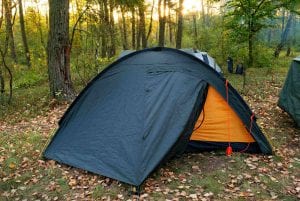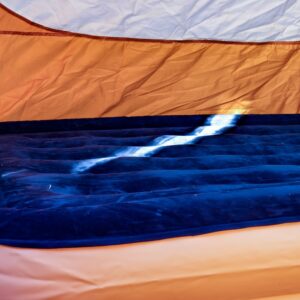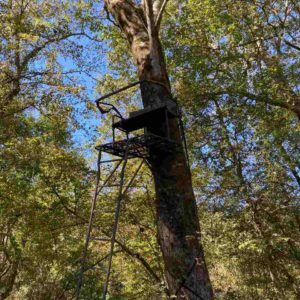Wilderness survival can seem like an overwhelming task for most people accustomed to living in cities. However, there are some basic rules for surviving in any natural or challenging environment:
- water
- shelter
- food
Since being in the wilderness will likely require a high degree of physical or strenuous activity, it is very important to remain hydrated. Drinking water is a basic element to maintaining good health, especially when a person is undergoing times of both physical and mental stress.
When a person reaches a high state of dehydration, this may negatively impact the neural system. Perspiration increases in a hot or tropical area and the need for water will be evident. However, being a place with colder weather may make a person less conscious of needing to maintain hydrated.
A wilderness adventure can be a fun and exciting experience. Nonetheless, a dangerous or stressful situation can suddenly occur in any natural environment. Good health is essential to survival in the wilderness. A positive state of hydration can also contribute to an individual’s general sense of wellness.
It should be noted that adding electrolytes to water helps the body combat disease, a sense of fatigue, and a variety of gastrointestinal problems. There are some obvious health consequences resulting from dehydration in the wilderness, including exhaustion and decreased endurance.
However, more serious issues may affect someone due to drinking unfiltered water. Diarrhea is caused by microscopic parasites called Giardia, which exist in food, water, and soil contaminated by human and animal feces. Being in the wilderness can also expose a person to another microscopic parasite called cryptosporidium or very harmful strains of E. coli, which can often lead to diarrhea, urinary tract infections, pneumonia, and respiratory illness.
In order to remain hydrated, most individuals need at least two liters of water on a daily basis. When a person is in the wilderness in survival mode, the physical activity will require additional liters of water to maintain health. In addition to replenishing fluid levels, the body must replace sodium.
It’s also important to understand that drinking water in excess is not always beneficial due to the possibility of diluting the number of electrolytes in the body. A balance of fluids in the body is necessary for optimal performance and the highest likelihood of survival in the wilderness.
Listening to signals from the body is the key to survival. Panic can affect a person’s senses. Thirst tells a person about the need to balance fluid levels. Urine color is a method of learning about a person’s current health condition. Clear urine shows positive hydration, whereas dark shades indicate the need for water.Being in the wilderness for a weekend may evolve into a longer stay than expected.
The stable shelter is crucial to survival. Sleep is also essential to physical and mental health. It’s important to note that the body loses water during sleep and exhalation. In general, people can go for three days without food or water.
Check out thewoodedbeardsman.com for some outdoor antics and other survival tips.





